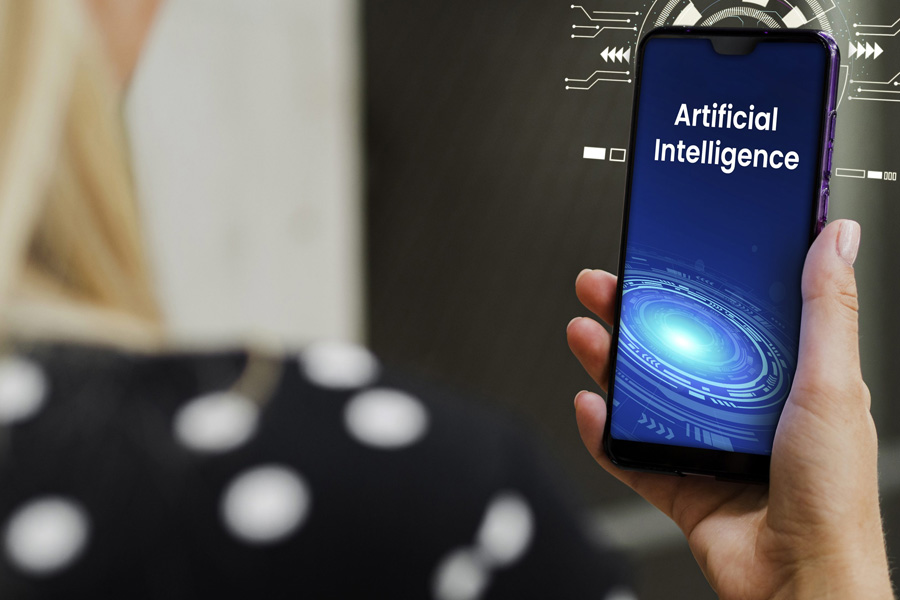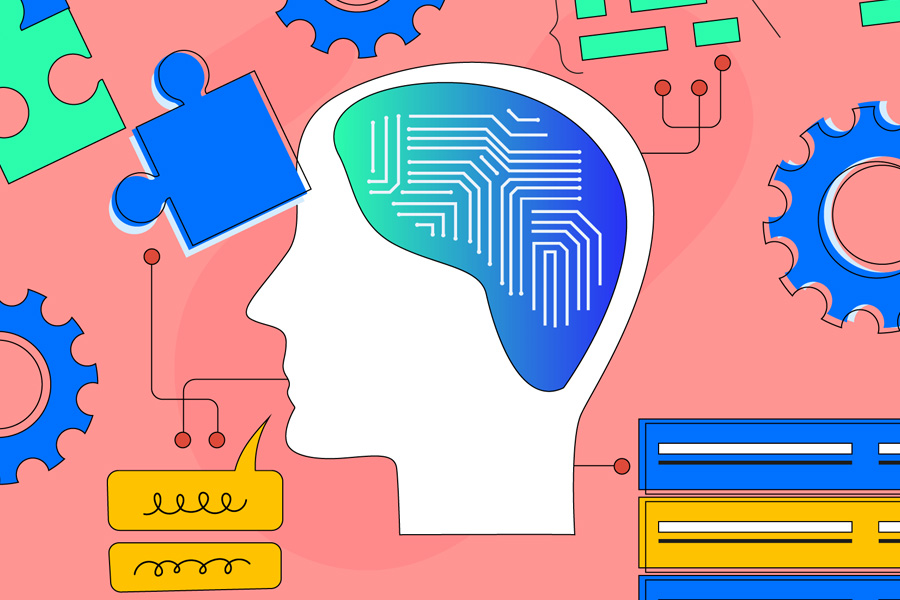How Artificial Intelligence is Shaping the Future of Smartphones – Anand Jayapalan

Image Source: www.analyticsvidhya.com
Artificial Intelligence (AI) is rapidly transforming the smartphone industry, turning what was once a simple communication device into a powerful tool capable of performing a multitude of tasks. From enhancing user experiences to enabling new functionalities, AI is at the forefront of the next wave of smartphone innovation. With help from friends like Anand Jayapalan, we’ll explore how AI is shaping the future of smartphones and what it means for users and developers alike.
Enhancing User Experience
One of the most noticeable impacts of AI on smartphones is its ability to enhance user experience. AI-powered features like personalized recommendations, voice assistants, and predictive text are now standard in many devices. These technologies allow smartphones to learn from user behavior and preferences, offering a more intuitive and customized experience.
For example, AI-driven voice assistants such as Apple’s Siri, Google Assistant, and Amazon’s Alexa have become integral parts of how users interact with their phones. These assistants leverage natural language processing (NLP) to understand and respond to voice commands, making it easier for users to perform tasks hands-free. As AI continues to advance, these assistants are becoming more capable, handling complex queries and integrating more seamlessly with other apps and services.
Camera and Photography Enhancements
AI is revolutionizing smartphone photography by enhancing the quality of images and making professional-level photography accessible to everyone. AI algorithms in smartphone cameras can automatically adjust settings like exposure, focus, and color balance to optimize photos in real-time. Features such as scene recognition and portrait mode use AI to detect objects, faces, and backgrounds, ensuring that every shot is perfectly framed and focused.
Moreover, AI-driven software improvements like Google’s Night Sight and Apple’s Deep Fusion have made low-light photography more impressive, allowing users to capture detailed and vibrant images in challenging lighting conditions. These advancements are pushing the boundaries of what smartphone cameras can achieve, rivaling traditional cameras in terms of quality and convenience.
Battery Management and Optimization
Battery life has long been a critical concern for smartphone users. AI is playing a key role in optimizing battery performance by learning user habits and adjusting power usage accordingly. For instance, AI can predict when a user is likely to charge their phone and manage battery consumption to ensure it lasts longer between charges. Additionally, AI-powered adaptive brightness and app management features help conserve energy by dynamically adjusting settings based on user behavior and environmental conditions.
These intelligent battery management systems not only extend the battery life of smartphones but also improve overall device efficiency, making them more reliable for daily use.
Security and Privacy
AI is also enhancing the security and privacy of smartphones. Biometric authentication methods, such as facial recognition and fingerprint scanning, rely heavily on AI to provide fast and secure access to devices. These technologies use deep learning algorithms to accurately identify users while safeguarding their data against unauthorized access.
AI is also being used to detect and prevent cyber threats on smartphones. For example, AI-driven security apps can identify and neutralize malware, phishing attempts, and other cyber threats in real-time, providing an additional layer of protection for sensitive information stored on smartphones.
Future Prospects
As AI continues to evolve, its influence on smartphones will only grow. Future developments may include more advanced voice recognition, deeper integration with IoT devices, and even greater personalization of user experiences. AI could also play a significant role in the development of augmented reality (AR) and virtual reality (VR) applications, opening up new possibilities for entertainment, education, and work.
Conclusion
Artificial Intelligence is undeniably shaping the future of smartphones, making them smarter, more efficient, and more personalized than ever before. From enhancing user experience and photography to optimizing battery life and security, AI is at the heart of the most exciting developments in smartphone technology. As AI continues to advance, we can expect smartphones to become even more integral to our daily lives, offering capabilities that were once the stuff of science fiction.









